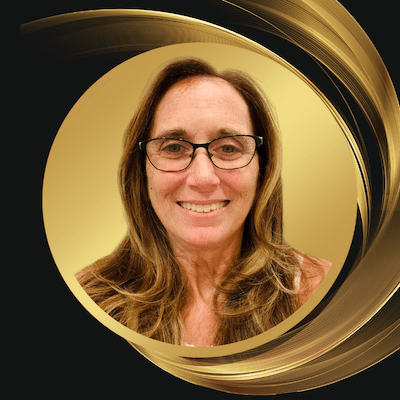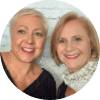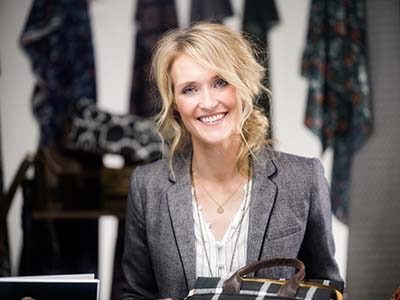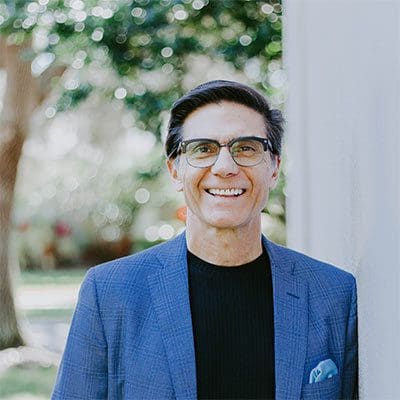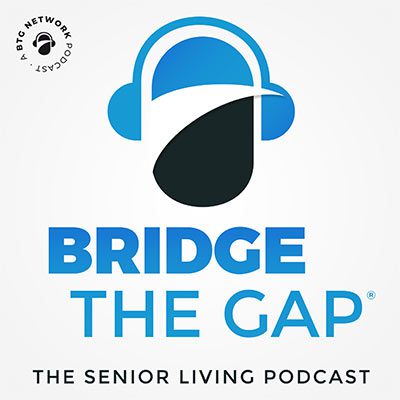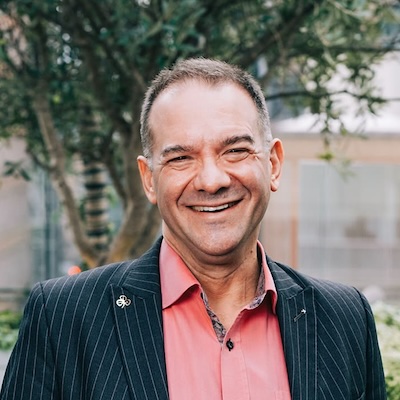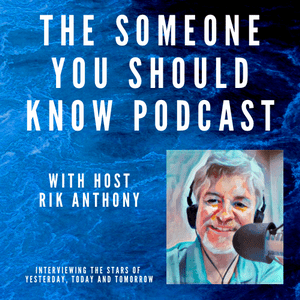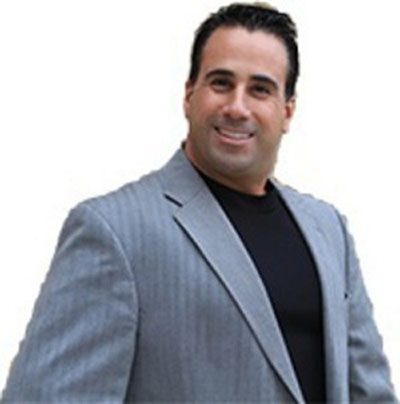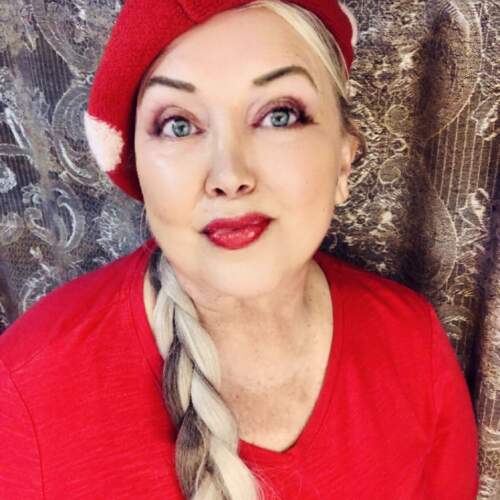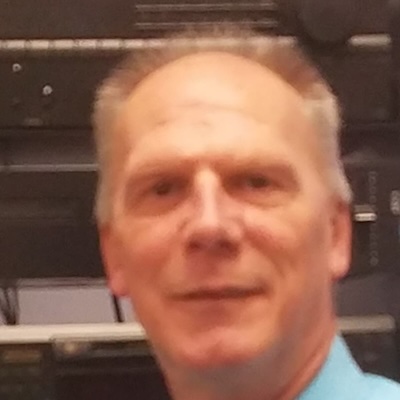Passion For Becoming A Singer/Songwriter
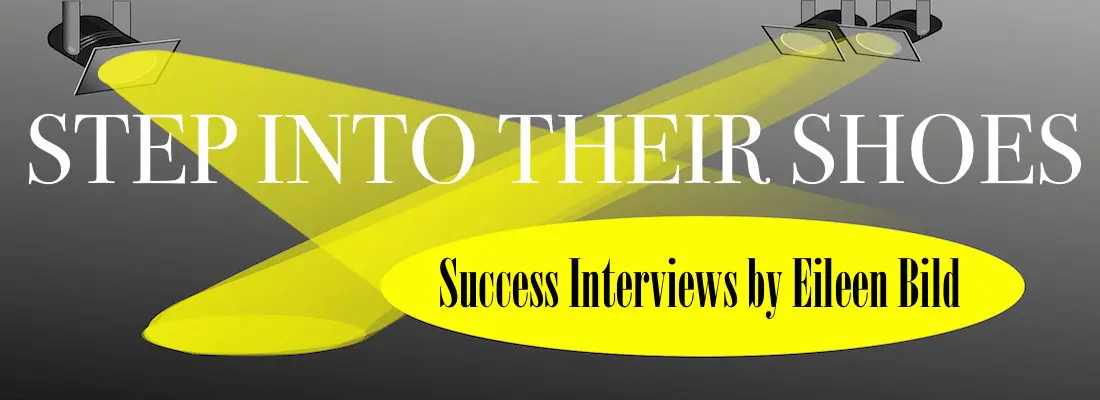
Those close to us and many times the world, try to make us someone we are not. Artists are often told to get an Education and get a “real” job, and their passion for music is frowned upon.
 Today’s interview is with Linda Marks, who faced these attacks on her desire to follow her natural draw to become a singer/songwriter. Through perseverance, drive, and a deep desire to fulfill what she knew was her life purpose, Linda has created a Legacy that spans from birth to today. Read how she was inspired to never give up and encourage others to do the same.
Today’s interview is with Linda Marks, who faced these attacks on her desire to follow her natural draw to become a singer/songwriter. Through perseverance, drive, and a deep desire to fulfill what she knew was her life purpose, Linda has created a Legacy that spans from birth to today. Read how she was inspired to never give up and encourage others to do the same.
Eileen: Some people are born to be musicians. You are one of them, having started at a very young age. What do you remember about your desire to dive right into the piano and music?
Linda: As a child, I did not talk until I was 3 years old. But pianos always had a magnetic attraction for me. As a toddler, I would toddle my way over to any piano I could find and start writing music. It was in my heart. It was in my bones. It was in my soul. Music was my native language. On the piano I could connect with my deeper self, express what I felt and find joy.
I also noticed from childhood that when something moved me, I was moved to write songs. I began in grammar school even before I had a proper instrument to work with. I bought myself a guitar when I was 11 and started learning chords from a chord chart. That gave me a way to play the songs that would come to me.
My first public performance of a song I wrote was at my 8th grade graduation, where I led my entire class singing a song I had written for graduation day called “Nine Years Is A Lifetime.” I really wanted a piano, however, and my family would not get one for me. I had to work hard at anything a child could do to earn Money: lemonade stands, mowing lawns, selling painted rocks…until I had enough money when I was 13 to buy my own piano. Once I had the piano, I dove right in, transferring what I had learned from guitar chord charts to the keyboard, and never looked back!
Eileen: You have always been ambitious, with an impressive background from age 17 to now. Please share a few of your most pivotal moments while at Yale University, running Café Calhoun, your time in Boston and your most recent music endeavors.
Linda: While my passion for music was evident from a very early age, my father was totally opposed to my pursuing a career in music. His mantra was “music is a waste of a good mind.” He did not allow me to play my self-bought piano when he was home. It was put on the two season non-insulated porch, and when he was not home, I played away.
Going to Yale, my residential college had a beautiful grand piano in the common room. That piano became my home base. I played all the time, wrote and arranged music there. Deciding to major in music was a brave endeavor because I was a self-taught intuitive singer-songwriter in a school full of privileged classically trained classical music students. I am very grateful to the chairman of the Music Department, Maury Yeston, because he was a songwriter and the only professor I could relate to or who I felt could relate to me. He was working on a musical that eventually won a Tony. Having him for classes was a great experience.
When I was a 17-year-old freshman, I started to practice with another classmate who liked to sing in my residential college common room. She and I joined two other classmates in founding Yale’s 3rd women’s a cappella singing group, Something Extra. It was truly serendipity that the four of us ended up talking about founding the singing group. Once we gathered our cohort of voices, we needed a name for the jam (what a cappella singing group concerts are) we were going to perform in for our debut. When we couldn’t think of a name, we decided to temporarily call ourselves Something Extra. The name stuck.
I have always loved to bring people together through music. Music creates community and can bridge most all divides.
I started to run Cafe Calhoun in my residential college as a place where people could relax, and enjoy tea, coffee, and wonderful gourmet desserts I would bake each week. I performed there myself but also brought in other musicians for shows. I even hosted my roommate’s theatrical production as a featured show. Since I was a student, I had no kitchen and had to use the tiny residential college common oven to bake my cheesecakes, chocolate mousse tortes, and carrot cakes. I had nowhere to store the finished products, but the Master of my residential college was a sweetheart and let me store everything at his house. I would give him a weekly cheesecake as my thank you for his kindness.
After college, I came to Boston for grad school and found myself making the piano at the MIT Faculty Club my home base. As I sat in my classes, I would find myself writing down lyrics and hearing melodies in my head that I could not wait to put to the keyboard. I started gigging out in the folk clubs that existed and became part of the new acoustic music scene that was growing in Boston. I met Lisa Wexler, a lifelong friend, and musical soul sister, at the Arlington, MA laundromat during her rinse cycle. We were both singer-songwriters and connected immediately. We would get together, write, and practice music almost every day for 3 years. When I look back at the quality of the music we wrote during that time it is quite astounding. In the mid-1980s we got to open for Buskin and Batteau at Club Passim. I released my first album, “Dreams And Themes,” which was well received by all the local radio stations, where I had the opportunity to appear as a guest and play live! In those days, many radio stations owned real acoustic pianos! I also ran an artist-alliance group called The Boston Arts Roundtable, where artists of all genres were welcome. We met and talked about what it was like to be an artist, recognizing that there were three pathways available to us: be just the artist and struggle to make a viable living, make our living in an associated field like teaching music or make our living at some unrelated job and try to squeeze in time for our art. None of the options were ideal.
By the end of the 1980s, my father’s mantra was crushing me, it was quite clear that I needed to have another path to make a sustainable living, no matter how much my music was appreciated. So, I put my primary energy into creating a method of body psychotherapy that became a lifelong professional passion. A training program followed, becoming a mom and then a single mom when my son was 2 3/4, and supporting him and myself. I also took on the role of caring for my mom, who suffered from Alzheimer’s.
My son wanted me to join a wonderful chorus, which he eventually joined. But that was no substitute for being a singer-songwriter. It wasn’t until my son was 12 that I could consider starting to dip my toe back into my own music. The responsibilities of being a mom with a still young son and a mom with Alzheimer’s, it was one step forward, two steps back. When my mother died in 2013, I gave myself permission to fully embrace my music and give it all I had to give. Since she died, I have recorded 13 studio albums with material for another almost written. My 14th studio album, A Recipe For Hope, will be released on 1/1/24. One of the songs from the album, “September Morn” was just released as part of the September Folk Now album curated by Erik Balkey at Hudson Harding Music. The song will be released on all digital platforms on 9/29/23 via Sony Orchard thanks to BIG Records.
I am gratefully now a BIG Records artist and appreciate the amazing people who are part of the team there. I run a number of artist-alliance groups, including Women In Music Gathering (WIMG) and the ISSA Boston (Northeast) Chapter. WIMG does an annual benefit concert at the Burren in Somerville, MA supporting a good community charity. This year we are focusing on supporting two organizations that help domestic violence survivors and their children, Casa Myrna and RESPOND. I have written a special song for the show (which is 11/5/23), inspired by and incorporating words of domestic violence survivors. The song is called “Sanctuary” and has an inspirational and hopeful message. I am in the process of gathering a team of singers and musicians from the ISSA and Recording Academy communities to record a special version of “Sanctuary” that can both serve as an anthem for local organizations that need me and be shared globally to encourage people to think into the deeper roots of domestic violence so we can take action to stop it.
ISSA Boston (Northeast) is doing a special show sponsored by the Arlington Center For the Arts in December called “Stories To Tell: The Wisdom of Lived Years.” We are focused on the value and wisdom that songwriters over 50 have to contribute. And right now, I am preparing for a big show at Boston’s Club Cafe. I was invited to be the featured composer in a Composer’s Showcase on 9/12/23. This is a very different performance for me. I am music directing a selection of songs from my catalog and three fantastic singers and a wonderful pianist are performing them. I will get to play and sing the very last song of the show.
Eileen: You took a 25-year hiatus from music, yet have made an extraordinary comeback having just recently won the ISSA USA Representative of the Year Award. What has that been like to put on hold your passion to raise your son and care for your mother, then step right back into doing what you love?
Linda: I spoke to some of that in my prior answers. It was incredibly painful to put my passion on hold for so long, but I truly had no choice. To be a good, present mom to my son, I needed to focus on parenting and working around his schedule to make enough to take care of us. When my mom’s Alzheimer’s progressed, my plate was beyond full. During the last 4 months of her life when her health issues accelerated, I felt like I literally was pulled under the undertow. When she died, I was truly ready to give my all to my music, and I have been doing that.
I still have a lot of family responsibilities that keep me from being able to Travel very often. And I am grateful I love my body psychotherapy practice, which has been virtual since the pandemic started. I work in a room that has a piano as well as my desk where I see clients. And I can move back and forth from music to clients over the course of the day. I also give myself Thursday as my music day, when I can go into the studio and work on my music, making piano/vocal reference tracks for recording and making studio videos to share my new songs with others as they arise.
Eileen: Being a musician has its ups and downs, and today there are more than ever people of all ages who have the courage to share their voice through song. You seem to have a lot of drive, where does that come from and how has this enabled you to navigate through your music journey?
Linda: Music is a very hard profession. The fact that it costs so much to make a quality album takes a lot of time and effort, and there is virtually no way to earn back what is invested in our Streaming culture. It is a hard nut to swallow. I realized it is what it is, and I am who I am…meaning, I am a singer-songwriter. My music is me. I am not me if I am not writing, singing, playing, and collaborating musically…I have to do my music to be true to myself.
My drive comes from a commitment to a meaningful and purpose life of contribution. The deepest root of that, besides my own soul’s deep sense of purpose, is from an experience I had when I was 16 when a stranger tried to rape and murder me. I was on my way home from the job I had at the time working at Fenway Park, the Boston baseball stadium. A stranger came out of the shadows and began to attack me. I thought I was physically strong from being a tennis player and tried to fight my way out of it. To my horror, he was much bigger and stronger than I was and my attempts to fight back did not work. Trying to talk him out of it did not work either. Eventually, when I realized that I did not know how to get out of the situation alive, I turned it over to God, whom I was never raised to believe in.

